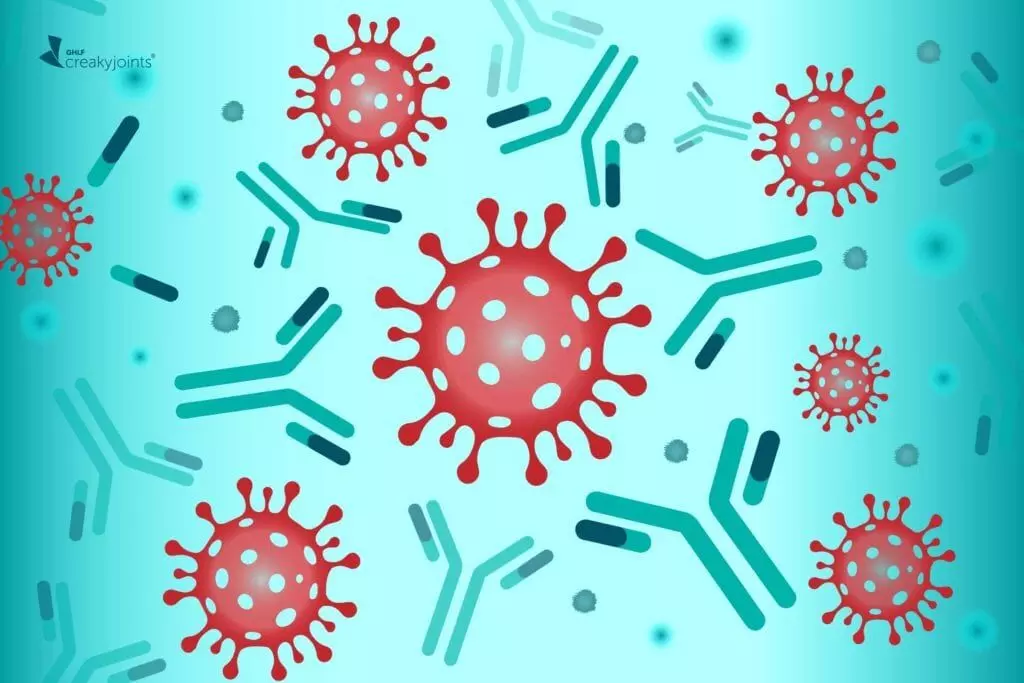Is there an association between Covid 19 infection and auto-immune diseases?
In India, hospitals are seeing a rise in auto-immune diseases post-pandemic. The exact numbers are a major concern as the data is not being collated.
By Kaniza Garari
A debate in scientific circles about Covid 19 infections and re-infections wearing down immunity is a point of concern. The website Tyee.ca has raised concerns about the impact of the pandemic on human beings and the effect on T-cells.
In India, hospitals are seeing a rise in auto-immune diseases post-pandemic. The exact numbers are a major concern as the data is not being collated.
What is an auto-immune disease?
Auto-immune disease is when the immune system of the body attacks the healthy cells as they believe that there is a foreign agent in the body. It is a condition that develops over a period of time in the pre-pandemic stage.
Three years into the pandemic, it is being seen that the adult population who were otherwise healthy are reporting deregulation of their immunity.
Why is there this change?
Dr. Raj Kiran, senior rheumatologist explains, "Most viral infections are known to trigger auto-immune diseases. With a large number of asymptomatic and symptomatic cases, there are individuals whose genes may be prone to the development of the auto-immune disorder. Is this the population that is reporting now? We need to collate data and understand."
With a large number of people developing antibodies for the virus either via infection or vaccination, is it possible that there could still be damage to the body?
Dr. J Anish Anand, consultant internal medicine at Apollo Hospitals explains, "Sudden cardiac deaths in young people post-pandemic have been a concern. It is also due to the post-Covid auto-immune phenomenon where there is inflammation of the heart and coronary blood vessels. In children, cases of multisystem inflammatory syndrome have been noted during the first two years. There are also those reporting reduced functioning of the kidneys. Acute kidney injury due to inflammation of blood vessels leads to blood clotting in the organ. This is due to autoantibodies developing post-Covid and causing injury to blood vessels."
These conditions are developing slowly and those suffering are mostly in the age groups of 30 years onwards reporting to hospitals.
Will more Covid 19 infections be a concern?
The evolution of the virus is being closely monitored and as the impact on human health pans out, new infections or re-infections will be a concern. While the immune cells will identify the virus, will their fighting capacity be up to mark or get worn out? Or will the immunity start fighting with the healthy cells considering there is an infection? These are the challenges that are being seen as continuous or recurrent infections that can weaken the human body impacting the length of life.
List of auto-immune diseases noted in major hospitals post-pandemic
· Guillain barre syndrome affecting the nerves where patients can present with progressive weakness of limbs and respiratory muscles
· Transverse myelitis affecting the spine causing paralysis of lower limbs
· Cutaneous vasculitis affecting vessels causing inflammations of vessels of skin where patients can present with skin rash like petichaea, urticaria, ulcers
· Inflammation of all blood vessels leading to clotting and organ damage
· Multisystem inflammatory syndrome in children leading to multi-organ failures
· Lupus causing skin rashes, fevers, and kidney failure
· Reduced functioning of kidneys leading to blood clotting and reduced filtration rate
Signs that people must look out for:
1) Weakness in legs and arms for a long period of time.
2) Unusual skin rashes
3) Increased blood pressure and headaches
4) Tingling numbness of limbs and joints
5) Reduced urine
6) Suffering from breathlessness for a prolonged period of time.
With the onset of winter, there are concerns that the Omicron sub-variants XBB and XBB.1 will be in circulation along with other viruses. Experts ask people to follow the protocols of the safety of masks, hand hygiene, and avoiding mass gatherings to stay safe.